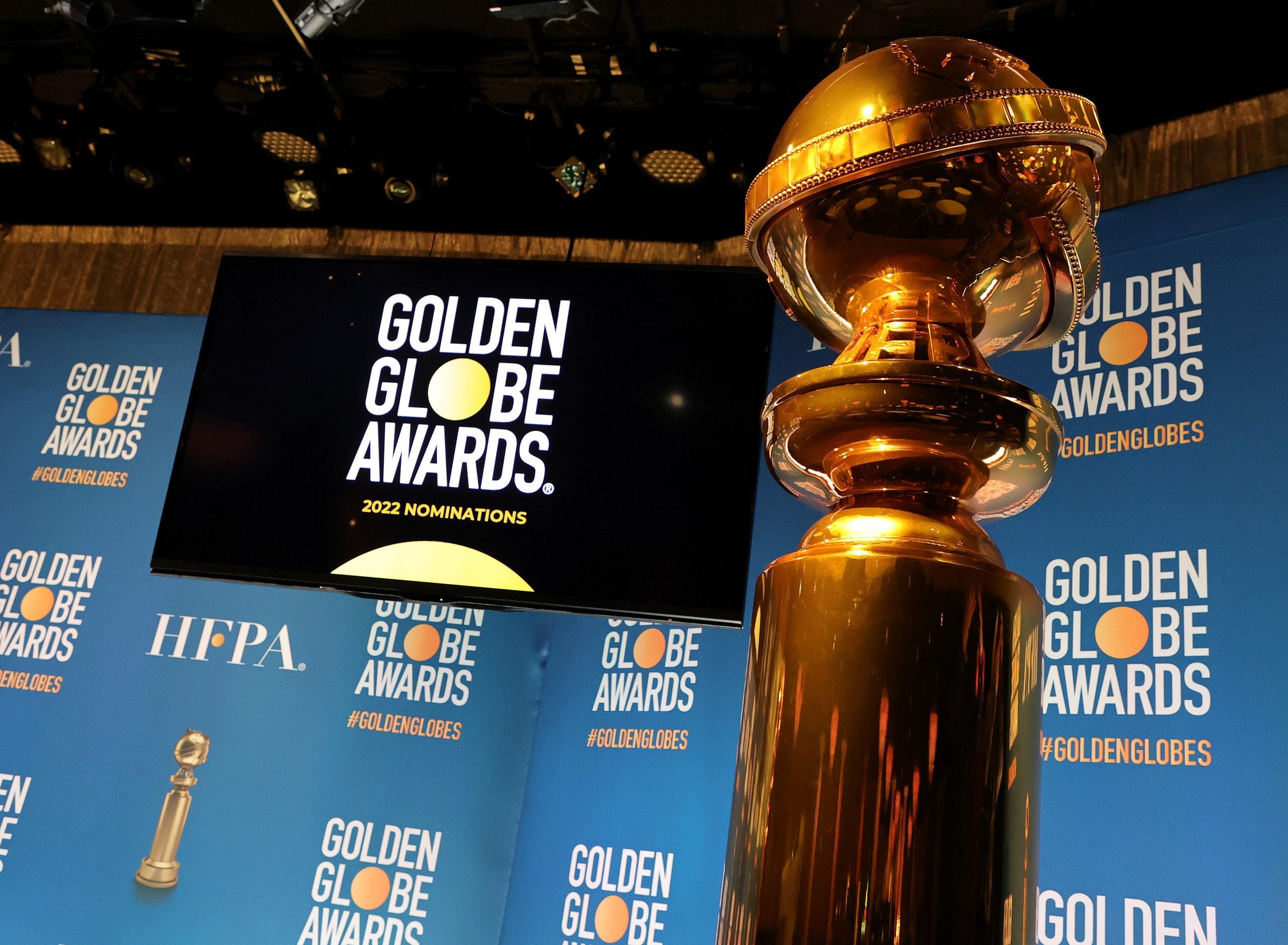The world of cinema is replete with glitzy ceremonies and prestigious accolades, yet few events capture the industry’s attention quite like the Golden Globes and the Oscars. As two of the most anticipated awards shows, they serve not only as a celebration of artistic achievement but also as bellwethers for industry trends and predictions. This article delves into the intriguing relationship between the Golden Globes and the Oscars, scrutinizing the extent to which a win at the former influences outcomes at the latter. By examining historical data, industry expert opinions, and the nuanced dynamics of award season campaigning, we aim to uncover whether the Golden Globes serve as a reliable predictor of Oscar success or if their impact is overstated. Through a balanced analysis, we seek to understand the true significance of the Golden Globes in shaping the narrative of cinematic excellence as recognized by the Academy Awards.
Golden Globes as a Predictor of Oscar Success Analyzing Historical Trends
Throughout the years, the Golden Globes have often been regarded as a barometer for the Oscars, yet the correlation between these two prestigious awards is more nuanced than it might appear. Historically, while some Golden Globe winners have gone on to secure an Oscar, the relationship isn’t as straightforward as one might think. A look at the trends reveals that certain categories show stronger alignment, particularly Best Actor/Actress and Best Picture. However, the Golden Globes have their own unique criteria and voting body, which can lead to divergences in the final Oscar outcomes.
Analyzing past data, several patterns emerge:
- Genre Bias: The Golden Globes, with their division between Drama and Musical/Comedy, often recognize a broader range of genres, while the Oscars tend to favor dramatic narratives.
- Timing and Momentum: Winning a Golden Globe can generate momentum and media buzz, potentially influencing Oscar voters, but it is not a guaranteed predictor.
- Divergent Preferences: There are instances where the Hollywood Foreign Press Association’s choices have significantly diverged from the Academy’s, highlighting differing preferences and priorities.
In essence, while the Golden Globes may offer a glimpse into potential Oscar success, they remain one of many factors that contribute to the ultimate outcomes of the Academy Awards.
The Impact of Golden Globe Wins on Oscar Nominations Examining Statistical Correlations
Over the years, the Golden Globe Awards have been perceived as a precursor to the Oscars, often hinting at potential Academy Award nominees and winners. Statistical analyses reveal that while a Golden Globe win can increase the visibility and buzz surrounding a film or performance, the correlation between these wins and subsequent Oscar nominations is complex. Historically, some years show a strong alignment, with numerous Golden Globe winners going on to secure Oscar nods. However, there are also notable instances where Golden Globe victors fail to even make the nomination list at the Oscars.
Several factors contribute to this phenomenon:
- Voter Demographics: The Hollywood Foreign Press Association (HFPA) and the Academy of Motion Picture Arts and Sciences (AMPAS) have different voter bases, which can lead to divergent preferences.
- Ceremony Timing: The Globes are held earlier in the award season, often before all Oscar contenders have been fully evaluated, affecting the influence they have.
- Category Differences: The division of categories into Drama and Musical/Comedy at the Globes can lead to a broader range of winners that do not align with the Oscar categories.
While a Golden Globe win is undoubtedly prestigious and can elevate a film’s profile, the data suggests that it is just one of many factors that influence Oscar nominations. For filmmakers and actors, the journey to an Oscar nod is multifaceted, with the Golden Globes serving as just one stepping stone in a complex awards landscape.

Divergence in Voting Bodies and Criteria Understanding Differences Between Awards
The disparity in voting bodies and criteria between the Golden Globes and the Oscars is a fascinating study in how different organizations within the film industry evaluate artistic merit. The Hollywood Foreign Press Association (HFPA), responsible for the Golden Globes, consists of approximately 90 international journalists who bring a global perspective to their voting process. In contrast, the Academy of Motion Picture Arts and Sciences (AMPAS), which awards the Oscars, boasts a membership of over 9,000 industry professionals, including actors, directors, and producers, whose votes are often influenced by their personal and professional experiences within the industry.
- The HFPA’s relatively small size allows for a more intimate, albeit potentially idiosyncratic, decision-making process.
- AMPAS, with its expansive membership, arguably provides a broader, more industry-reflective consensus.
These structural differences lead to variations in what each body considers award-worthy. The Golden Globes often reward films and performances that might not align with the Oscars’ choices, suggesting a divergence in how success is defined. This divergence can sometimes create a narrative tension, where a Golden Globe win may either signal an Oscar frontrunner or highlight a divergence in critical opinion.

Strategic Positioning for Oscar Campaigns Leveraging Golden Globe Outcomes
The interplay between the Golden Globes and the Oscars offers a fascinating case study in strategic positioning for award campaigns. While the Golden Globes are not a direct predictor of Oscar success, they can be a crucial stepping stone in shaping a film’s narrative and momentum. Studios and publicists often leverage Golden Globe outcomes to bolster their Oscar campaigns, focusing on key aspects such as:
- Visibility Boost: A Golden Globe win or nomination significantly increases a film’s visibility, attracting more media attention and potentially swaying Academy voters who may not have considered the film otherwise.
- Perception Shaping: Winning a Golden Globe can alter the perception of a film or performance, framing it as a serious contender and setting it apart from the competition in a crowded field.
- Momentum Building: The timing of the Golden Globes, which occur in early January, provides a perfect springboard to generate buzz and maintain momentum in the lead-up to Oscar voting.
Ultimately, the Golden Globes serve as a strategic tool in the broader Oscar campaign landscape. While not a guarantee of success, the outcomes can be harnessed effectively to craft a compelling narrative and amplify a film’s presence during awards season.
To Wrap It Up
the relationship between the Golden Globes and the Oscars is a complex interplay of industry dynamics, public perception, and media influence. While the Golden Globes may serve as an early indicator of trends and potential Oscar contenders, their direct impact on the final outcomes of the Academy Awards remains debatable. Historical data suggests some correlation, yet it is essential to recognize that the two awards are judged by different bodies with distinct criteria. Ultimately, while the Golden Globes can amplify a film’s visibility and momentum, the Oscars’ final decisions are influenced by a multitude of factors, including individual campaign strategies, evolving industry standards, and the subjective tastes of Academy members. As the film industry continues to evolve, so too may the influence of these prestigious awards on each other, leaving room for further analysis and exploration in the years to come.
